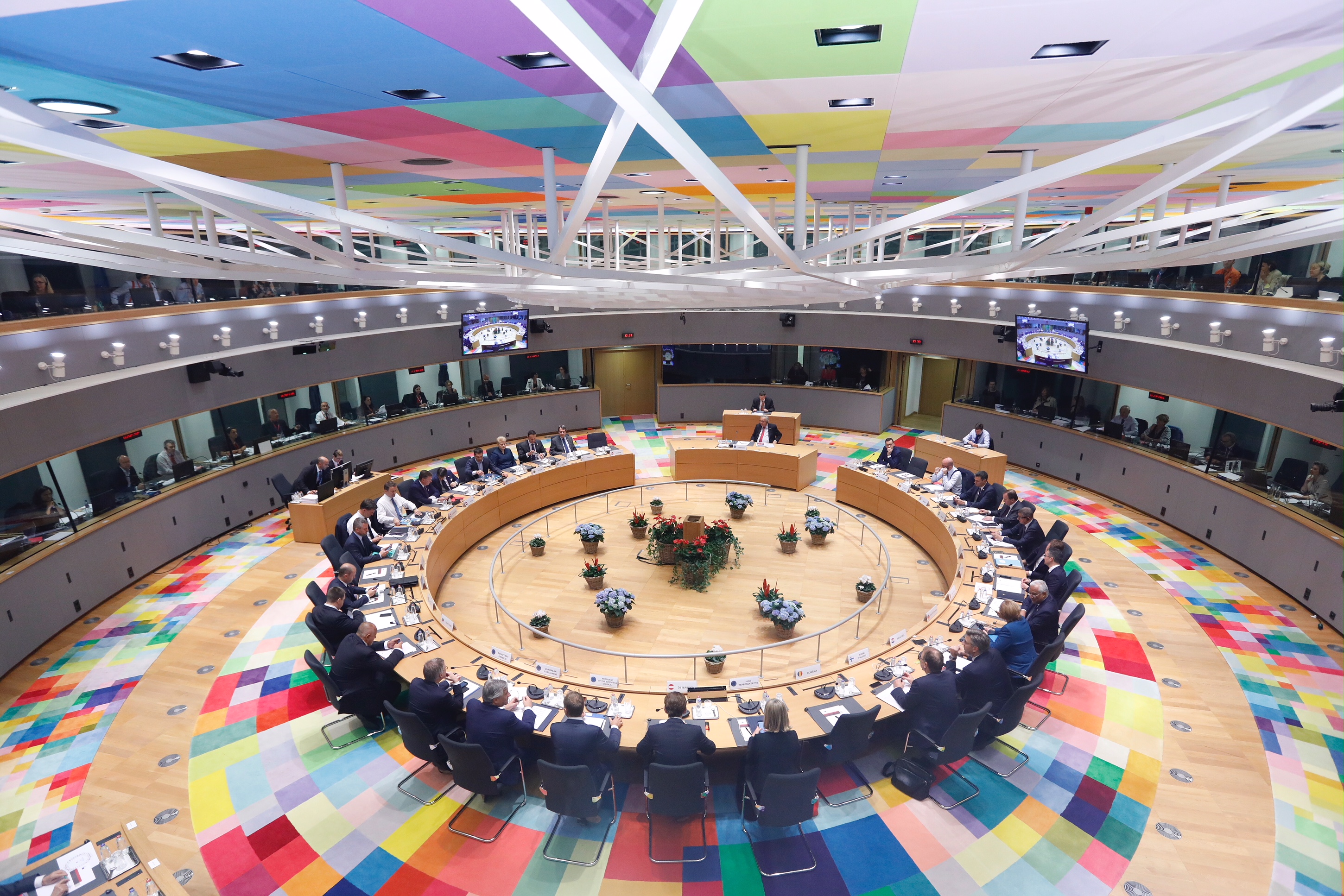Ambitions of the European Union to increase its own chip production capabilities have moved one step closer this week.
EU countries on Wednesday agreed to a 45-billion-euro ($46.6 billion) plan to fund the production of chips, Reuters reported.
The move is part of the EU plan to lessen its dependence on chips made in Asia and the United States, and comes after the implications of chip shortages was driven home to many governments during the Covid-19 pandemic.

European Chips Act
The car industry for one was badly impacted, due to the small amount of chip inventory car makers typically held.
To solve the chip crisis, the European Commission in February unveiled a multi-billion euro Chips Act in to bolster the continent’s competitiveness in the sector.
The EC plan had first been announced by Ursula von der Leyen last year, and in March 2021 the European Union under its 2030 Digital Compass plan announced it wanted to produce at least 20 percent of the world’s cutting-edge semiconductors by the end of the decade.
Europe’s share of chip production currently stands at 8 percent – down from 24 percent in 2000.
The proposal, known as the ‘European Chips Act’, is touted as a way to bolster Europe’s self sufficiency in the semiconductor sector, by easing state aid rules, improving tools to anticipate shortages and crisis, and strengthen research capacity in the bloc.
Part of the European Chips Act was a 45-billion-euro fund “to prevent, prepare, anticipate and swiftly respond to any future supply chains disruption, together with Member States and our international partners. It will enable the EU to reach its ambition to double its current market share to 20 percent in 2030.”
Member backing
Now Reuters has confirmed that EU envoys unanimously backed an amended version of the European Commission’s proposal, the Czech Republic which holds the rotating EU presidency said.
European Union ministers will reportedly meet on 1 December to rubber stamp the chip plan that will still need to be debated with the European Parliament next year before it can become law.
Changes agreed to the Commission’s proposal included allowing state subsidies for a broader range of chips and not just the most advanced ones.
The subsidies will cover chips that bring innovation in computing power, energy efficiency, environmental gains and artificial intelligence.
However EU lawmakers still face the task of thrashing out funding for the project, the document said.





